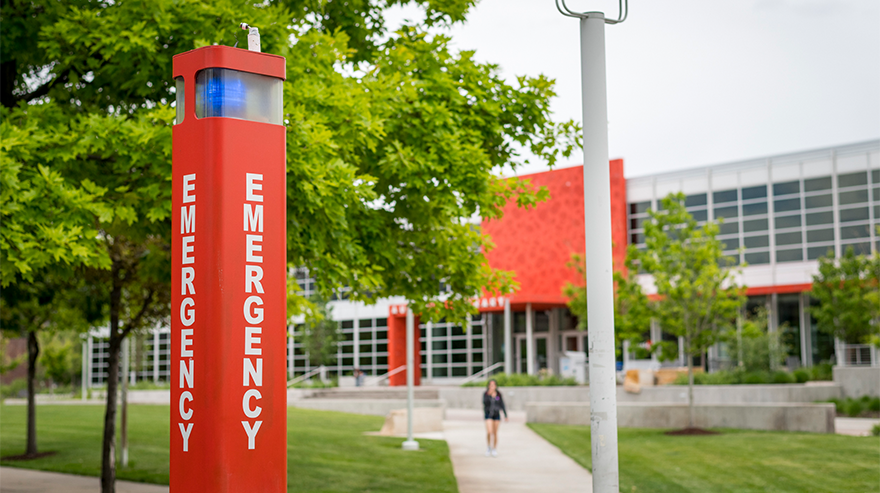Metropolitan State University of Denver plans to enhance its faculty-compensation structure to better reflect faculty responsibilities and boost recruitment and retention efforts, Provost Matt Makley, Ph.D., announced Tuesday.
In a message to faculty members this week, Makley said the structure is based on a proposal from the University’s Faculty Compensation Committee, which was charged with evaluating findings from last year’s Salary.com Compensation Equity Study.
“We focused our efforts on finding ways, within the constraints of our budget realities, to increase pay for faculty, especially those at the rank of assistant professor,” Makley said.
The committee anticipates that starting salaries for assistant professors will increase by 3% to 5%. Meanwhile, some associate professors could see up to a 3% increase and professors up to 2% under the structure, which is expected to be implemented in August 2026.
From years of service to years in rank
MSU Denver currently bases faculty salary adjustments on years of service in conjunction with national salary data from the College and University Professional Association for Human Resources, known as CUPA. The organization’s data provides benchmarks for faculty salaries based on averages from 61 peer institutions.
Under the revised structure, the University will base faculty pay on years in rank, which will allow faculty members to reach 100% of CUPA average salaries faster than under the current structure. The change is designed to better align pay with faculty responsibilities and to strengthen MSU Denver’s ability to attract and retain talent, Makley said.
A critical step in this process is validating faculty records in Workday, which will be used to calculate years in rank. Makley urged faculty members to carefully review their Workday profiles when prompted by department chairs and deans.
Beginning today, this year’s compensation letters will be available in Workday, where faculty members should review and acknowledge receipt by Aug. 29. Workday instructions are available to assist employees with this process.
Meanwhile, to improve clarity around faculty compensation, the University will publish its faculty pay practices on the Office of Faculty Affairs website by mid-August. The site will include documentation of compensation structures and explanation of CUPA.
Ongoing work
Makley emphasized that the Faculty Compensation Committee will continue its work throughout the coming year. Planned priorities include:
- Reviewing lecturer salaries and advancement schedules to avoid stagnation.
- Adjusting summer pay policies for sustainability and equity.
- Examining affiliate-faculty compensation to reflect those members’ significant role.
- Exploring recognition pathways beyond full professor for continued reward and motivation.
“While the challenges we face are many, we will meet them together,” Makley said, “always in service of our students, community and each other.”








